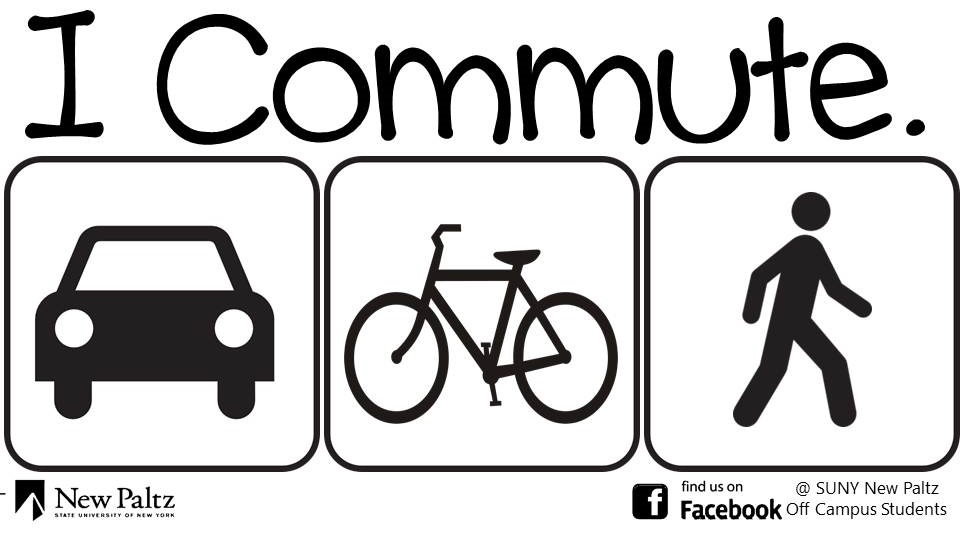This paper discusses the impact being a commuter has on GPA when compared to those who live on campus. The paper uses Vincent Tinto’s Student Integration Model as the framework. Academic and Social Integration are key factors in determining whether a student will drop out of school or not. Dropping out of school can be associated with low GPA. Thus, low levels of social and academic integration can cause lower GPA. As written about in the paper, commuter student lack social integration as they rarely spend free time on campus because of prior commitments. This is what causes them to have a lower GPA than those who live on-campus. The paper also analyzed motivation. For those students who commute further distances seem not to have their GPA impacted by the commute. This can very likely be that they are more motivated to their academics and realize their sacrifice.
Works Cited
Dakota., The University of North. Benefits of Living on Campus | Housing | Student Life | UND: University of North Dakota. N.p., n.d. Web. 01 May 2017.
"GPA Comparisons." Residence Life, Housing and Dining Services - Missouri State University. N.p., n.d. Web. 01 May 2017.
Holland, Ashley. "How Residency Affects The Grades of Undergraduate Students." N.p., 5 Oct. 2014. Web.
Kuh, G. D., Gonyea, R. M. and Palmer, M. 2001. “The Disengaged Commuter Student: Fact or Fiction?” Commuter Perspectives 27 no. 1: 2-5.
Nelson, Danielle, Kaustav Misra, Gail E. Sype, and Wayne Mackie. "An Analysis Of The Relationship Between Distance From Campus And Gpa Of Commuter Students." Journal of International Education Research (JIER) 12.1 (2016): 37. Web.
Newbold, J.J., Mehta, S.S. and Forbus, P. 2011. “Commuter Students: Involvement and Identification with an Institution of Higher Education.” Educational Leadership Journal 15 no. 2: 141-153.
Nonis, S.A. and Hudson, G.I. 2010. “Performance of College Students: Impacts of Study Time and Study Habits.” Journal of Education for Business 85 no. 4: 229-248.
O'Toole, D., Peterson, S. and Wetzel, J.N. 1999. “Factors Affecting Student Retention Probabilities: A Case Study.” Journal of Economics and Finance 23 no. 1: 45-55.
Timmons, Luke. "The Uncritical Commute: The Impact of Students' Living Situations While at University." The Uncritical Commute: The Impact of Students' Living Situations (2014): n. pag. Mar. 2014. Web.
Tinto, V. 1999. “Taking Student Success Seriously: Rethinking the First Year of College.” NACADA Journal 19 no. 5: 5-9.


